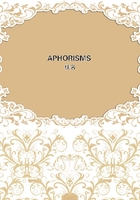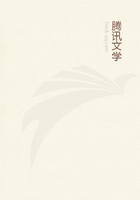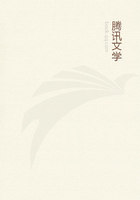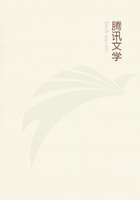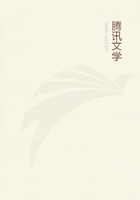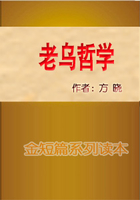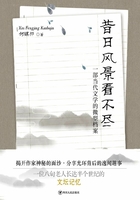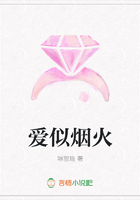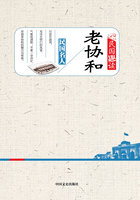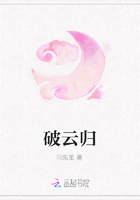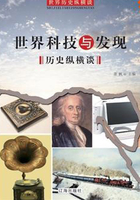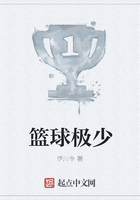It may be thought a strange proposition that the bill against Duncombe was a worse bill than the bill against Fenwick, because the bill against Fenwick struck at life, and the bill against Duncombe struck only at property. Yet this apparent paradox is a sober truth. Life is indeed more precious than property. But the power of arbitrarily taking away the lives of men is infinitely less likely to be abused than the power of arbitrarily taking away their property. Even the lawless classes of society generally shrink from blood. They commit thousands of offences against property to one murder; and most of the few murders which they do commit are committed for the purpose of facilitating or concealing some offence against property. The unwillingness of juries to find a fellow creature guilty of a capital felony even on the clearest evidence is notorious; and it may well be suspected that they frequently violate their oaths in favour of life. In civil suits, on the other hand, they too often forget that their duty is merely to give the plaintiff a compensation for evil suffered; and, if the conduct of the defendant has moved their indignation and his fortune is known to be large, they turn themselves into a criminal tribunal, and, under the name of damages, impose a large fine. As housebreakers are more likely to take plate and jewellery than to cut throats; as juries are far more likely to err on the side of pecuniary severity in assessing damages than to send to the gibbet any man who has not richly deserved it; so a legislature, which should be so unwise as to take on itself the functions properly belonging to the Courts of Law, would be far more likely to pass Acts of Confiscation than Acts of Attainder. We naturally feel pity even for a bad man whose head is about to fall. But, when a bad man is compelled to disgorge his ill-gotten gains, we naturally feel a vindictive pleasure, in which there is much danger that we may be tempted to indulge too largely.
The hearts of many stout Whigs doubtless bled at the thought of what Fenwick must have suffered, the agonizing struggle, in a mind not of the firmest temper, between the fear of shame and the fear of death, the parting from a tender wife, and all the gloomy solemnity of the last morning. But whose heart was to bleed at the thought that Charles Duncombe, who was born to carry parcels and to sweep down a counting-house, was to be punished for his knavery by having his income reduced to eight thousand a year, more than most earls then possessed?
His judges were not likely to feel compassion for him; and they all had strong selfish reasons to vote against him. They were all in fact bribed by the very bill by which he would be punished.
His property was supposed to amount to considerably more than four hundred thousand pounds. Two thirds of that property were equivalent to about sevenpence in the pound on the rental of the kingdom as assessed to the land tax. If, therefore, two thirds of that property could have been brought into the Exchequer, the land tax for 1699, a burden most painfully felt by the class which had the chief power in England, might have been reduced from three shillings to two and fivepence. Every squire of a thousand a year in the House of Commons would have had thirty pounds more to spend; and that sum might well have made to him the whole difference between being at ease and being pinched during twelve months. If the bill had passed, if the gentry and yeomanry of the kingdom had found that it was possible for them to obtain a welcome remission of taxation by imposing on a Shylock or an Overreach, by a retrospective law, a fine not heavier than his misconduct might, in a moral view, seem to have deserved, it is impossible to believe that they would not soon have recurred to so simple and agreeable a resource. In every age it is easy to find rich men who have done bad things for which the law has provided no punishment or an inadequate punishment.
The estates of such men would soon have been considered as a fund applicable to the public service. As often as it was necessary to vote an extraordinary supply to the Crown, the Committee of Ways and Means would have looked about for some unpopular capitalist to plunder. Appetite would have grown with indulgence.
Accusations would have been eagerly welcomed. Rumours and suspicions would have been received as proofs. The wealth of the great goldsmiths of the Royal Exchange would have become as insecure as that of a Jew under the Plantagenets, as that of a Christian under a Turkish Pasha. Rich men would have tried to invest their acquisitions in some form in which they could lie closely hidden and could be speedily removed. In no long time it would have been found that of all financial resources the least productive is robbery, and that the public had really paid far more dearly for Duncombe's hundreds of thousands than if it had borrowed them at fifty per cent.

